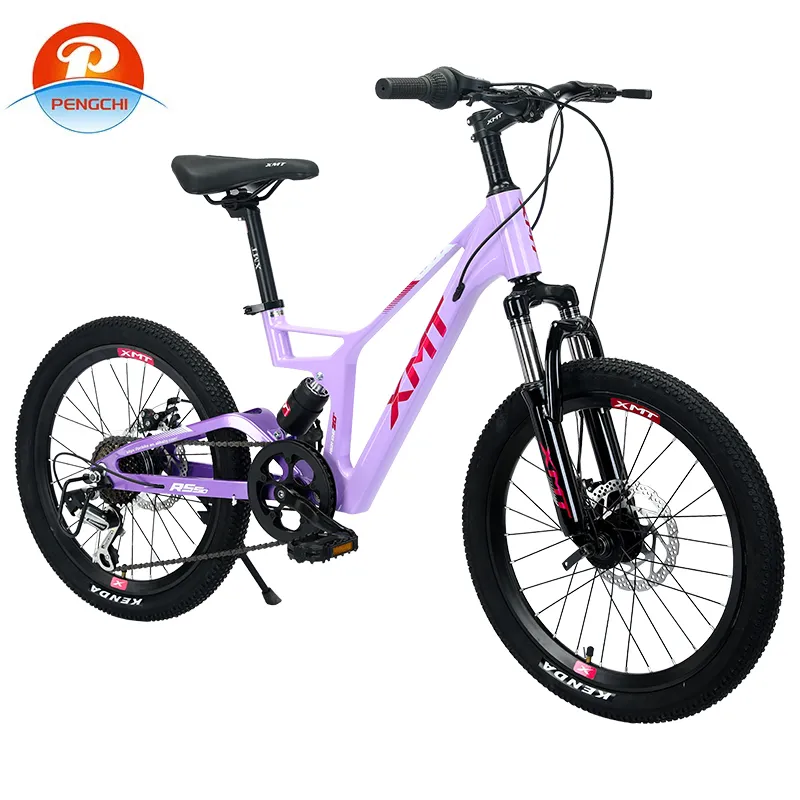2 月 . 19, 2025 10:46 Back to list
Kids Bike 20 Inch 7-Speed China Wholesale Magnesium Alloy Bicycle Disc Brake Popular Children's Sports Bikes MTB For Children
City commuter bikes have revolutionized the way urban dwellers navigate bustling cityscapes, offering a reliable, efficient, and eco-friendly mode of transportation. The modern commuter bike is not just a vehicle; it's a lifestyle choice, embodying a philosophy of sustainable living and intelligent design that resonates with the urban professional.
Authority in the cycling industry comes from respected brands and independent reviewers who continually test and rate these bikes. A few have become well-regarded for their contributions to cycling technology, integrating advanced gear systems, hydraulic disc brakes for improved safety, and even electric assist technologies to tackle hilly terrain with ease. The evolution of bicycles from purely mechanical devices to tech-integrated machines represents the industry's response to the city's ever-changing demands. Trustworthiness, a key aspect of choosing the right commuter bike, is built upon brand reputation, reviews, and word-of-mouth recommendations. Many commuters invest time in researching and selecting their bikes by looking at long-term performance reports and customer testimonials. Reliable bikes not only promise longevity but also assure high performance in varying weather conditions, from rain to intense summer heat. This reliability is crucial for users who depend on their bikes daily. The future of city commuting lies in the continued innovation of bike design and functionality. As urban areas expand and environmental concerns intensify, the demand for sustainable and efficient transportation will grow. City commuter bikes are poised to play a significant role in addressing these needs, with ongoing developments such as smart bike locks, integrated GPS systems, and energy-efficient lighting leading the way. The move towards a smart, connected city environment will only enhance the role of the commuter bike in urban transportation infrastructure. In conclusion, city commuter bikes are more than just a means of getting from point A to point B. They represent a shift towards more responsible, health-conscious, and timely commuting solutions. As individuals in urban environments continue to fight congestion and pollution, commuter bikes offer a sensible, strategic approach to achieving a more balanced and fulfilling lifestyle. Experts agree that embracing this mode of transport can yield substantial benefits not just for individuals, but for the broader urban ecosystem.


Authority in the cycling industry comes from respected brands and independent reviewers who continually test and rate these bikes. A few have become well-regarded for their contributions to cycling technology, integrating advanced gear systems, hydraulic disc brakes for improved safety, and even electric assist technologies to tackle hilly terrain with ease. The evolution of bicycles from purely mechanical devices to tech-integrated machines represents the industry's response to the city's ever-changing demands. Trustworthiness, a key aspect of choosing the right commuter bike, is built upon brand reputation, reviews, and word-of-mouth recommendations. Many commuters invest time in researching and selecting their bikes by looking at long-term performance reports and customer testimonials. Reliable bikes not only promise longevity but also assure high performance in varying weather conditions, from rain to intense summer heat. This reliability is crucial for users who depend on their bikes daily. The future of city commuting lies in the continued innovation of bike design and functionality. As urban areas expand and environmental concerns intensify, the demand for sustainable and efficient transportation will grow. City commuter bikes are poised to play a significant role in addressing these needs, with ongoing developments such as smart bike locks, integrated GPS systems, and energy-efficient lighting leading the way. The move towards a smart, connected city environment will only enhance the role of the commuter bike in urban transportation infrastructure. In conclusion, city commuter bikes are more than just a means of getting from point A to point B. They represent a shift towards more responsible, health-conscious, and timely commuting solutions. As individuals in urban environments continue to fight congestion and pollution, commuter bikes offer a sensible, strategic approach to achieving a more balanced and fulfilling lifestyle. Experts agree that embracing this mode of transport can yield substantial benefits not just for individuals, but for the broader urban ecosystem.
Latest news
-
Toy Car with Parental Remote - Safe Electric Ride-On Car with Parental Control
NewsJun.10,2025
-
Cheap Bikes for Students - Affordable & Durable Student Bicycles Online
NewsJun.10,2025
-
Children Balance Bike Lightweight & Adjustable OEM Designs
NewsMay.30,2025
-
Junior BMX Race Bikes Lightweight, Durable & Speed-Optimized
NewsMay.30,2025
-
21-Speed Foldable Gear Cycle Compact & Portable Commuter Bike
NewsMay.30,2025
-
Affordable & Durable Bikes for Students Campus Commutes Made Easy
NewsMay.29,2025



